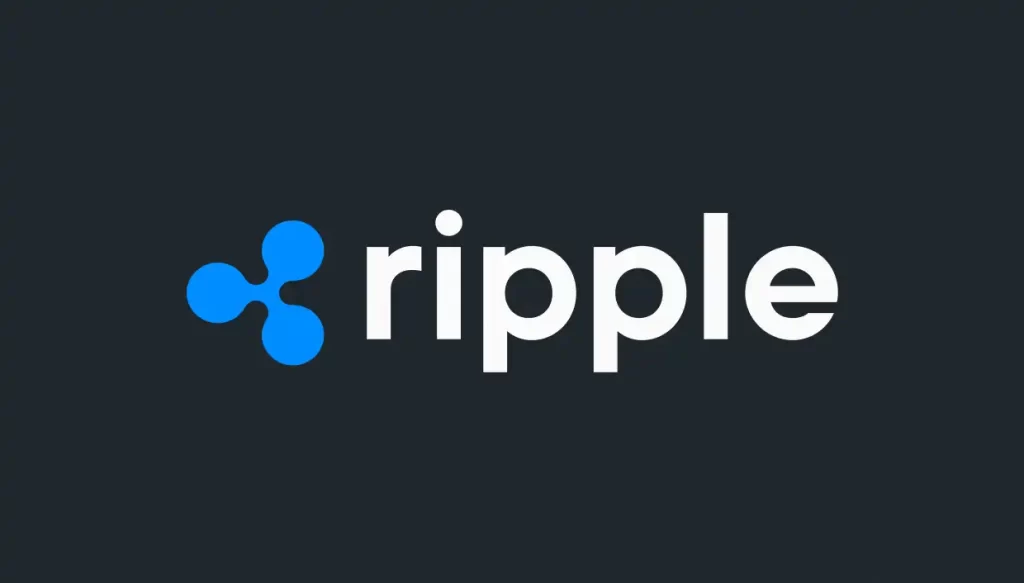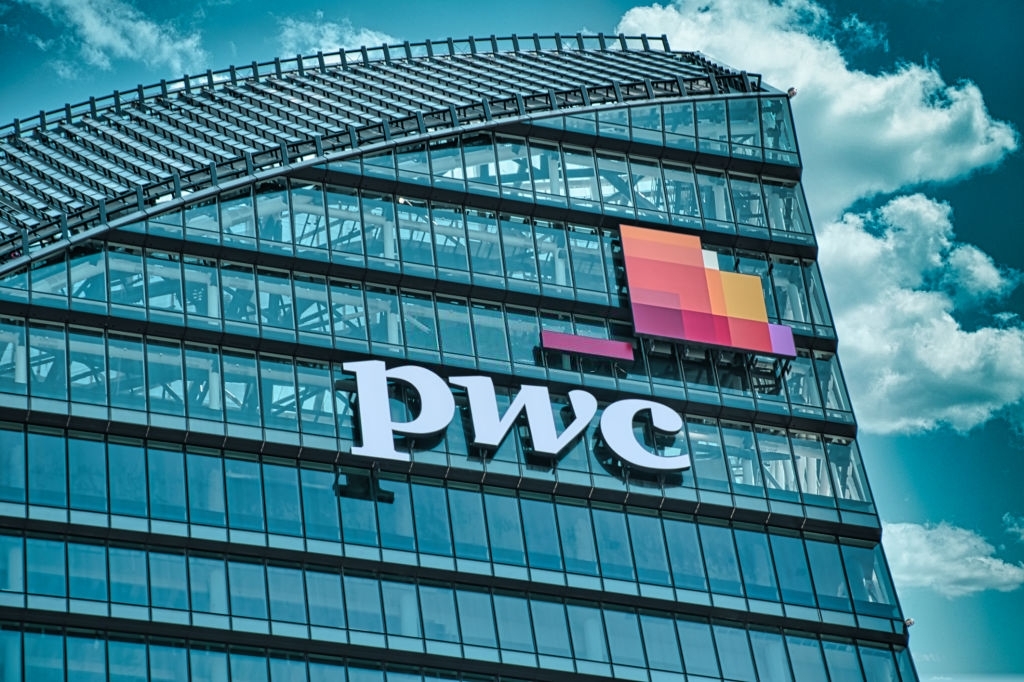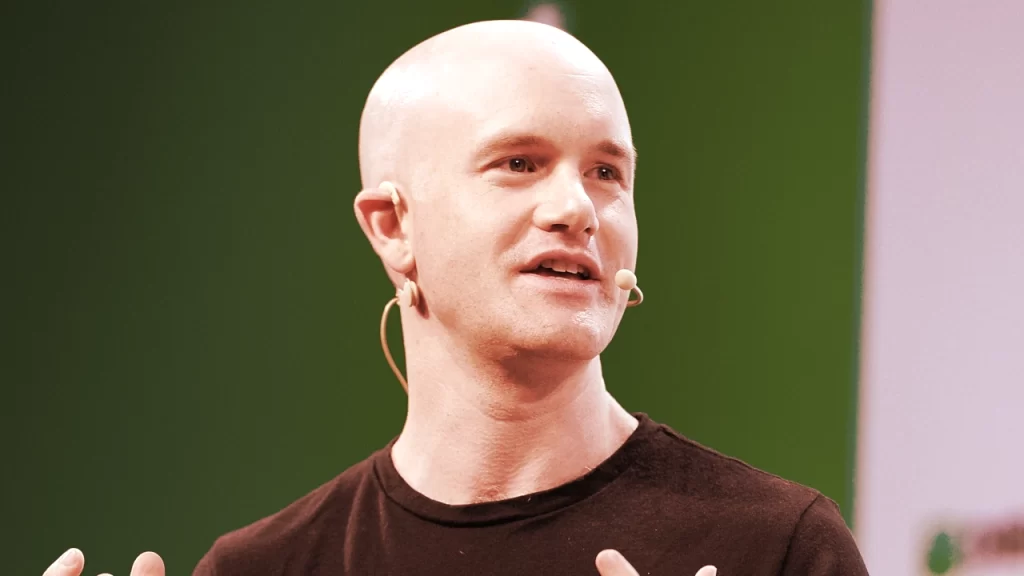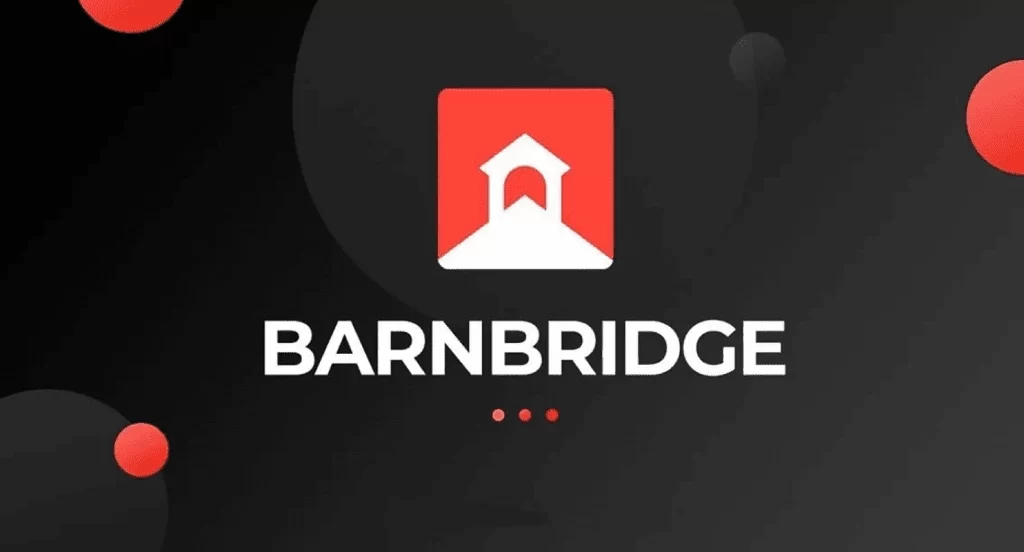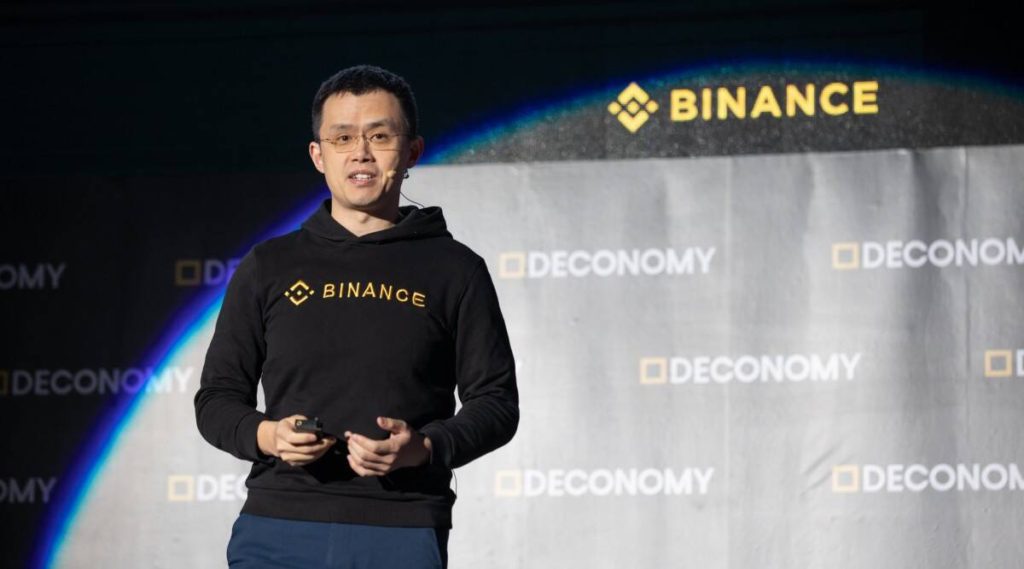London, England, July 13th, 2023, Chainwire
Decentralized wireless network operator World Mobile has announced it has secured licensed spectrum in the United States of America. This strategic move marks a significant milestone in the company’s mission to bring reliable and affordable internet access to under-connected areas of the United States.
World Mobile has secured up to 20MHz of spectrum across the states of California, New Mexico, Nevada and Utah, providing a solid foundation for World Mobile’s US expansion plans. The spectrum will play a pivotal role in enabling the company’s decentralized hybrid-connectivity solution, which combines blockchain technology with aerial and terrestrial infrastructure to provide connectivity at a cost multiples lower than traditional mobile network operators.
World Mobile CEO Micky Watkins said: “By securing licensed spectrum, we are signaling our intent to revolutionize the connectivity landscape in the United States. Securing spectrum strengthens our position to deploy our network and support a profitable sharing economy. We believe in harnessing the collective power of individuals and communities to create a more inclusive and connected world.”
World Mobile securing licensed spectrum aligns with the US government’s plan to support connectivity across the country. President Biden recently announced a $42 billion high-speed internet initiative, which aims to expand broadband access to rural and low-income areas, as well as to promote competition and affordability in the market.
The Commerce Department has officially distributed the funding, awarding grants at State level, ranging from roughly $27 million to more than $3.3 billion, based largely on local needs.
World Mobile plans to deploy its service in the US later this year, following a successful commercial launch in Tanzania, and field tests in Kenya, Nigeria and Mozambique. The company has recently been bolstered by the appointment of ex-Softbank India country head and Bharti Airtel CEO, Manoj Kohli, who brings over 40 years’ of telecoms experience to the leadership team.
About World Mobile
World Mobile was founded with a far-reaching goal: to connect everyone, everywhere while advocating for economic freedom and dignity. Unlike traditional mobile networks, World Mobile is based on blockchain and incentivizes people to be part of a sharing economy that taps into the trillion dollar global telecom market. Individuals and business owners around the world can operate nodes on its network and bring their community online while earning revenue.
Learn more: https://worldmobile.io/
Contact
Dan Edelstein
pr@marketacross.com


